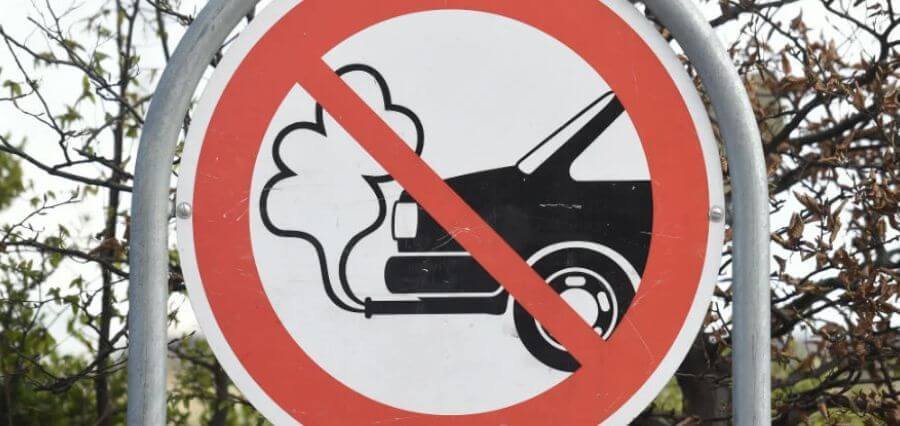In a landmark move to accelerate the transition to sustainable mobility, the European Parliament has voted overwhelmingly to ban the sale of new diesel and gasoline cars and vans in the EU from 2035. The vote, which saw 339 MEPs in favor, 249 against, and 24 abstentions, represents a significant step towards the EU’s ambitious climate goals.
The legislation, proposed by the European Commission, aims to reduce emissions from new passenger cars and light commercial vehicles by 100% in 2035, compared to 2021 levels. By 2030, the target is set at a 50% reduction for vans and 55% for cars. Passenger cars and vans currently account for approximately 12% and 2.5% of the EU’s total CO2 emissions, respectively.
Dutch MEP Jan Huitema, who led the report on the revision of the EU’s CO2 standards for new cars and vans, welcomed the result, stating that the 100% target for 2035 is crucial to achieving climate neutrality by 2050. Alex Keynes, clean vehicles manager at Transport & Environment, a Brussels-based campaign group, praised the decision, arguing that it provides the car industry with the certainty needed to ramp up electric vehicle production and drive down prices for consumers.
However, the European Automobile Manufacturers’ Association (ACEA) expressed concerns about the long-term implications of the regulation, with ACEA President and BMW CEO Oliver Zipse emphasizing the need for a transparent review halfway through the decade to define post-2030 targets. Zipse acknowledged the industry’s push for electric vehicles but cautioned against premature long-term regulations given the current global volatility and uncertainty.
The EU’s “Fit for 55” plan aims to reduce net greenhouse gas emissions by at least 55% by 2030, with the ultimate goal of achieving carbon neutrality by 2050. The ban on new fossil fuel car sales by 2035 is a crucial component of this strategy, signaling the EU’s commitment to a sustainable transportation future.


